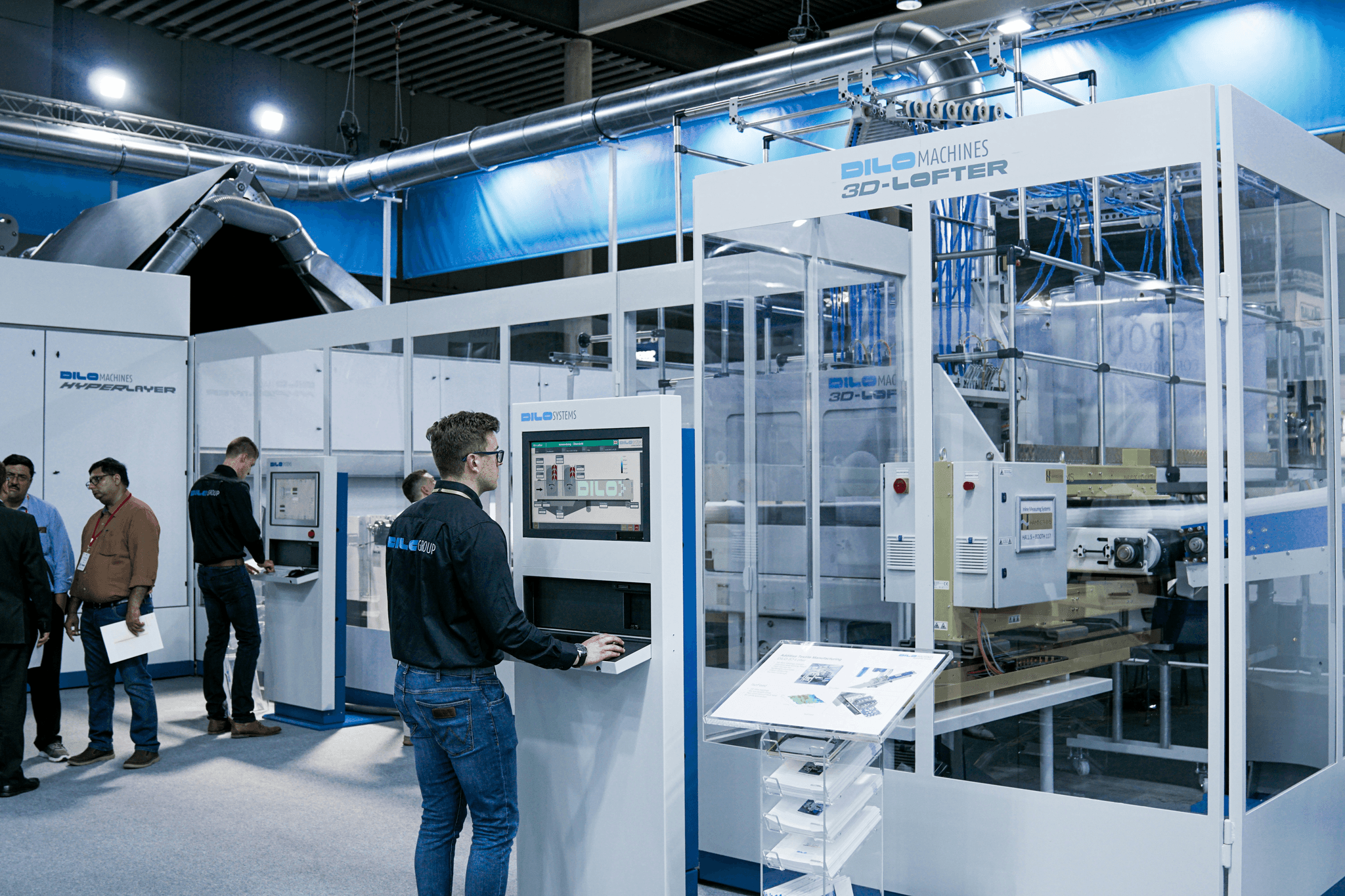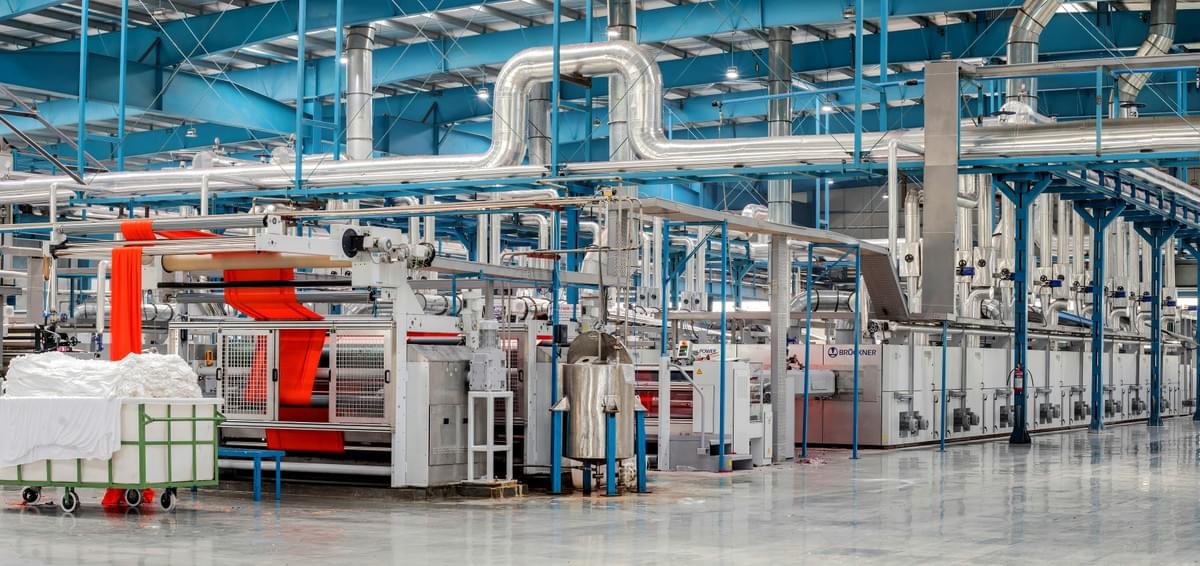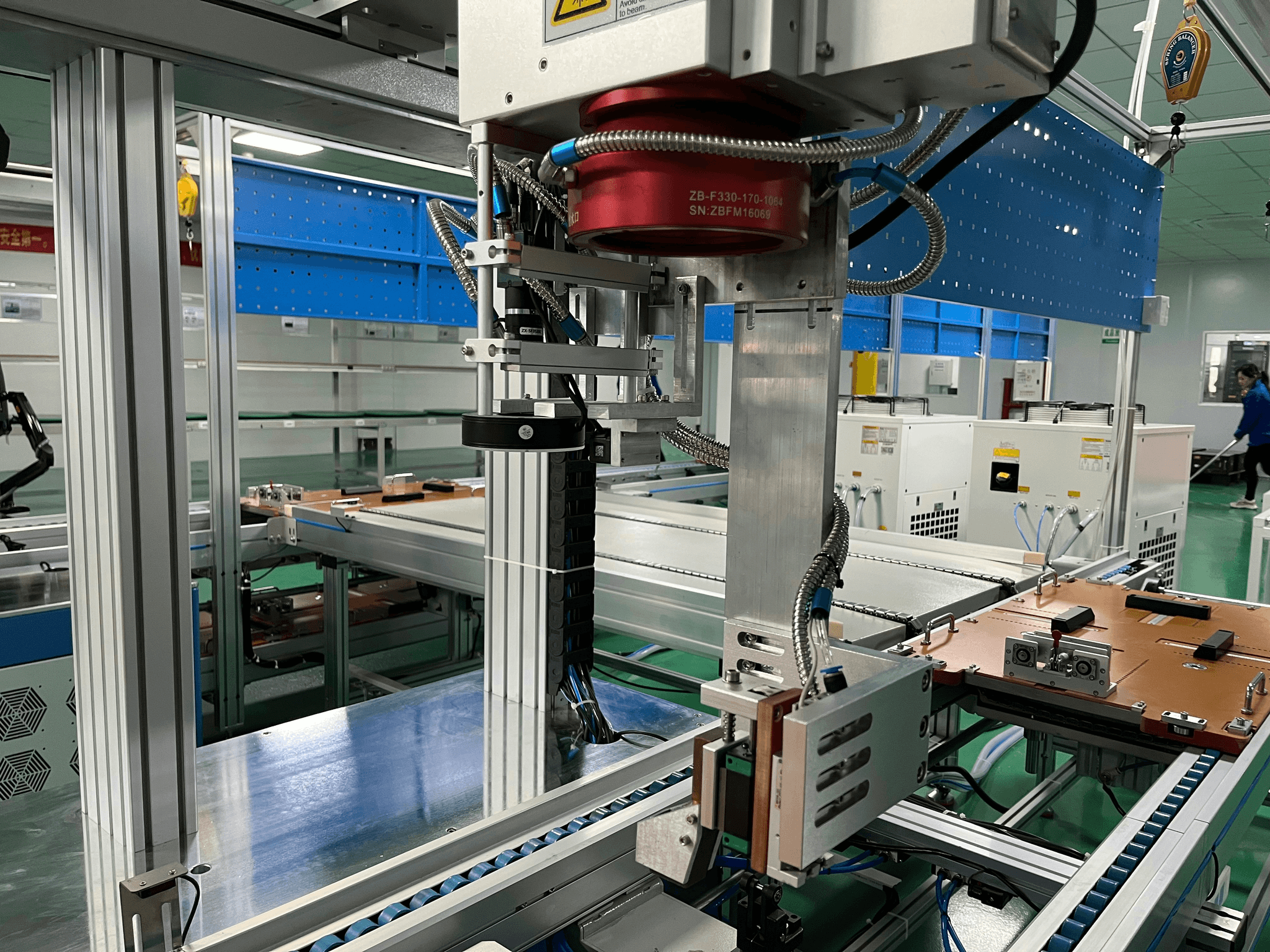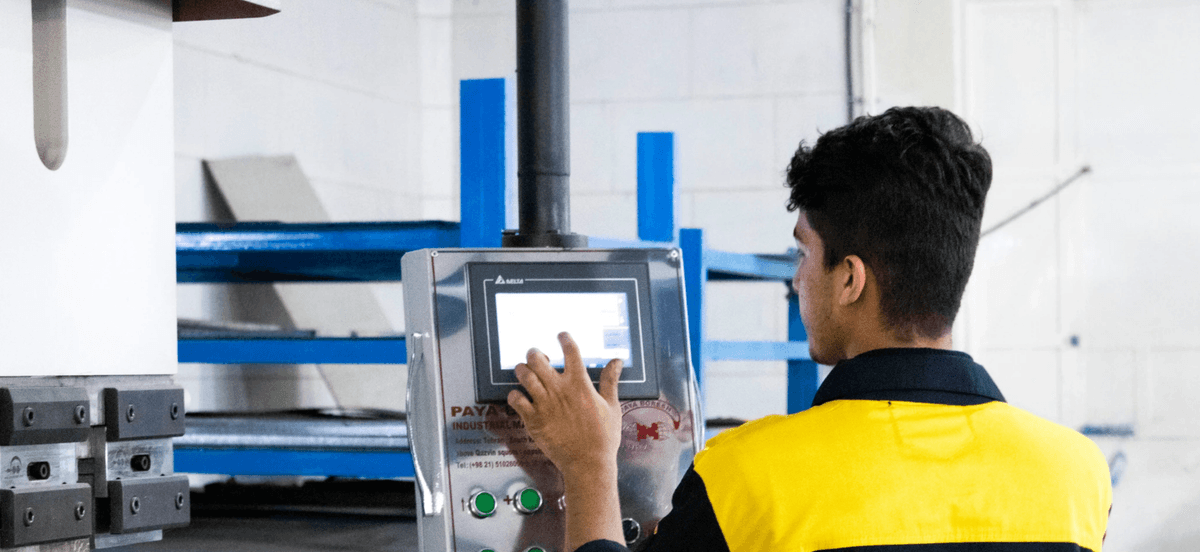Introduction
In today’s competitive landscape, ensuring production quality is not just a checkbox; it's a fundamental necessity. What is production quality? It encompasses the standards and processes that guarantee products meet or exceed expectations, impacting everything from customer satisfaction to brand reputation. So, how do you ensure the quality of products? By implementing robust strategies that prioritize continuous improvement and effective communication.
Why Production Quality Matters
Why is quality in production important? High-quality products lead to satisfied customers, repeat business, and positive word-of-mouth referrals. On the flip side, a lack of focus on production quality can result in defects, returns, and ultimately lost revenue—making it essential for manufacturers to ask themselves: how do you determine the quality of a product?
The Cost of Poor Quality
The cost of poor quality can be staggering; it includes wasted materials, labor costs associated with rework, and potential damage to your brand's reputation. When companies fail to maintain high standards in their production processes, they risk alienating customers who expect nothing less than excellence. Therefore, organizations must actively explore how to ensure quality production by investing in systems that minimize errors and maximize efficiency.
What to Expect from This Guide
This guide will delve into practical strategies for enhancing your production quality through rigorous control systems, employee training programs, advanced technology integration, regular inspections, and clear communication channels. You’ll discover actionable insights tailored for manufacturers looking to elevate their standards while avoiding common pitfalls along the way. By following these guidelines on how do you ensure the quality of products?, you'll be well-equipped to foster an environment where excellence thrives.
Implement Rigorous Quality Control Systems

In the fast-paced world of manufacturing, ensuring production quality is not just a goal; it's a necessity. Understanding how to ensure the quality of products involves implementing robust quality control systems that can catch issues before they escalate. By focusing on rigorous standards and practices, companies can significantly enhance their product reliability and customer satisfaction.
Understanding ISO Standards
ISO standards are the backbone of quality assurance in production environments. They provide a framework for organizations to ensure that their products consistently meet customer and regulatory requirements, which directly answers the question: what is production quality? By adhering to these international standards, businesses can systematically determine the quality of a product through established protocols that cover everything from design to delivery.
Moreover, ISO certifications are often seen as badges of honor in the industry. They signal to clients that a company prioritizes excellence and is committed to continuous improvement—an essential aspect when considering why is quality in production important? Companies that embrace ISO standards not only improve their processes but also build trust with stakeholders by demonstrating accountability and reliability.
The Role of Six Sigma in Manufacturing
Six Sigma is another powerful methodology aimed at improving production quality by minimizing defects and variability in processes. This data-driven approach helps organizations identify what works best through statistical analysis, answering the question: how do you determine the quality of a product? By applying Six Sigma principles, manufacturers can streamline operations while ensuring that every product meets high-quality benchmarks.
The beauty of Six Sigma lies in its focus on continuous improvement—it's not just about fixing problems but preventing them from occurring in the first place. This proactive stance aligns perfectly with strategies on how to ensure quality production by embedding a culture of excellence within teams. When employees understand their role in maintaining high-quality standards, they become more engaged and invested in achieving collective goals.
How China Inspection Pro Can Help
Navigating the complexities of maintaining high-quality production can be daunting, which is where China Inspection Pro comes into play. This organization specializes in providing comprehensive inspection services that help businesses answer critical questions like how do you ensure the quality of products? With their expertise, companies can rest assured knowing every aspect—from materials sourcing to final assembly—is rigorously evaluated against industry standards.
Additionally, China Inspection Pro offers tailored solutions designed for specific manufacturing needs, making it easier for businesses to adhere to both ISO guidelines and Six Sigma principles seamlessly. By utilizing such services, companies not only enhance their operational efficiency but also solidify their commitment to delivering top-notch products consistently—addressing concerns about why is quality in production important? Ultimately, partnering with professionals ensures your brand stands out for all the right reasons.
Invest in Employee Training and Development

Investing in employee training and development is crucial for ensuring the quality of products. A skilled workforce not only enhances production efficiency but also plays a significant role in maintaining high standards throughout the manufacturing process. When employees are well-trained, they are more equipped to identify issues early, ultimately answering the question: how do you ensure the quality of products?
Importance of Skilled Workforce
A skilled workforce is the backbone of any successful production operation, directly impacting how you determine the quality of a product. Employees who understand their roles and responsibilities can effectively contribute to quality assurance processes, reducing defects and waste. Why is quality in production important? Because it affects customer satisfaction, brand reputation, and ultimately, profitability.
Training programs that focus on developing technical skills and soft skills create a culture where employees take pride in their work. This investment not only fosters loyalty but also encourages workers to engage actively in initiatives aimed at improving production quality. After all, when your team understands what is at stake—how to ensure quality production—they become your best advocates for maintaining high standards.
Training Programs by Toyota
Toyota has long been recognized for its commitment to employee training as part of its renowned Production System (TPS). Their approach emphasizes hands-on learning and continuous improvement—concepts that resonate with anyone asking how do you determine the quality of a product? Through programs like Toyota Way, employees learn about lean manufacturing principles that prioritize efficiency while ensuring high-quality outputs.
By incorporating real-world scenarios into training sessions, Toyota empowers its workforce to make informed decisions on the shop floor. This practical knowledge directly translates into improved product quality because employees feel confident addressing challenges as they arise. In essence, these training programs exemplify why investing in employee development is critical for achieving excellence in production.
Continuous Learning Cultures
Creating a continuous learning culture within an organization fosters an environment where everyone feels responsible for maintaining high-quality standards. Companies must encourage ongoing education through workshops, seminars, or online courses that keep employees updated on industry trends and best practices—essentially answering how do you ensure the quality of products?
Organizations like General Electric have demonstrated success by promoting mentorship programs where seasoned professionals guide newer employees through complex processes related to product quality assurance. This collaborative approach not only enhances individual skill sets but also strengthens team dynamics focused on achieving common goals around production excellence.
In conclusion, investing in employee training and development is not just about improving skills; it’s about cultivating a mindset dedicated to continuous improvement that answers vital questions about how to ensure quality production effectively.
Utilize Technology for Quality Assurance

In today's fast-paced manufacturing environment, utilizing technology for quality assurance is no longer optional; it's essential. Companies must ask themselves, How do you ensure the quality of products? The answer increasingly lies in leveraging advanced technologies that streamline processes and reduce human error.
The Impact of Automation
Automation has revolutionized how businesses approach production quality. By integrating automated systems, manufacturers can significantly enhance their ability to determine the quality of a product in real-time, minimizing defects and ensuring consistency across production lines. This shift not only answers the question of What is production quality? but also emphasizes why is quality in production important—because automation reduces variability and increases efficiency.
With automated inspections and processes, companies can maintain a more reliable standard of output. When asking How do you ensure the quality of products? automation provides clear metrics and data-driven insights that help teams make informed decisions quickly. The result? A more streamlined operation that champions high-quality production every time.
AI in Quality Control Processes
Artificial Intelligence (AI) is becoming a game-changer in the realm of quality control processes. By utilizing machine learning algorithms, manufacturers can predict potential defects before they occur, allowing them to address issues proactively rather than reactively. This innovation raises an important question: How do you determine the quality of a product? With AI tools analyzing vast amounts of data, businesses can pinpoint trends and anomalies that human inspectors might miss.
Moreover, AI systems can adapt over time as they learn from past performances, leading to continuous improvement in how companies ensure quality production. So when pondering Why is quality in production important? remember that AI not only boosts accuracy but also fosters innovation by making processes smarter and more efficient over time. Embracing AI means embracing higher standards for what defines product excellence.
Real-Time Monitoring Solutions
Real-time monitoring solutions are pivotal for maintaining high standards in manufacturing environments today. These systems provide immediate feedback on various aspects of production, allowing teams to quickly identify any deviations from established norms—essentially answering How do you ensure the quality of products? with speed and precision. By having access to live data feeds from machinery or assembly lines, organizations can take corrective actions almost instantaneously.
These solutions also contribute significantly to understanding how to ensure quality production by creating transparency throughout operations; everyone involved knows what’s happening at every stage of manufacturing. As such tools become more integrated into daily workflows, they help cultivate a culture where maintaining high-quality standards becomes second nature among all employees involved in the process—leading us back to our core inquiry: How do you determine the quality of a product?
Conduct Regular Inspections and Audits

In the quest for high production quality, conducting regular inspections and audits is non-negotiable. This practice not only helps in identifying defects but also ensures compliance with industry standards. So, how do you ensure the quality of products? By implementing a robust inspection regime that captures every nuance of production before it reaches the consumer.
The Benefits of Third-Party Inspections
When considering how to ensure quality production, third-party inspections come into play as a game changer. These independent evaluations provide an unbiased perspective on product quality, helping manufacturers avoid potential pitfalls that internal checks might miss. Additionally, using external auditors can enhance credibility with customers who often ask, How do you determine the quality of a product? Trust me; there’s nothing quite like having an impartial set of eyes to bolster confidence in your output.
Case Study of Apple’s Quality Checks
Apple is renowned for its rigorous quality assurance processes—so much so that their name has become synonymous with high standards in production quality. The tech giant conducts extensive audits at various stages of manufacturing to ensure every component meets their exacting specifications. This commitment to regular inspections raises an interesting question: Why is quality in production important? For Apple, it’s about maintaining brand loyalty and ensuring customer satisfaction through flawless products.
How China Inspection Pro Can Streamline Audits
Now that we’ve established the importance of regular audits, let’s talk about practical solutions like China Inspection Pro that make this process seamless. By leveraging advanced technology and expert knowledge, they can streamline audits to save time while ensuring thoroughness—an essential factor when asking how do you ensure the quality of products? With their help, businesses can focus on enhancing overall productivity without sacrificing product integrity or compliance standards.
Establish Clear Communication Channels

In the realm of production quality, establishing clear communication channels is essential for ensuring that everyone involved in the process is aligned with quality standards. Effective communication fosters collaboration among team members, which ultimately leads to better decision-making and problem-solving. When teams understand their roles and responsibilities, they can work together more efficiently to maintain high-quality outputs.
Importance of Team Collaboration
Team collaboration plays a pivotal role in how you ensure the quality of products. When team members communicate openly, they can share insights about potential issues and work collectively toward solutions. This collaborative spirit not only enhances the determination of product quality but also reinforces a culture where everyone feels responsible for maintaining high standards.
Tools for Effective Communication
To facilitate effective communication, organizations should leverage various tools designed for seamless interaction among team members. Platforms like Slack or Microsoft Teams can help teams stay connected and share updates in real time, making it easier to address any concerns regarding production quality promptly. By implementing these tools, companies can significantly improve how they determine the quality of a product throughout its lifecycle.
Learning from General Electric’s Approach
General Electric (GE) has long been recognized for its commitment to production quality through effective communication strategies. GE emphasizes regular check-ins and feedback loops that empower employees at all levels to voice their concerns about product quality issues openly. By learning from GE’s approach, businesses can adopt similar practices that enhance collaboration and help ensure that all stakeholders are working towards common goals related to how to ensure quality production.
Conclusion
In today’s competitive landscape, understanding how to ensure the quality of products is crucial for any business aiming for longevity and success. Quality in production isn’t just a buzzword; it’s a commitment to excellence that can differentiate your brand from the rest. By implementing effective strategies, avoiding common pitfalls, and embracing innovation, companies can achieve remarkable standards of production quality.
Strategies for Long-Term Quality Improvement
To truly enhance production quality, businesses must adopt a multi-faceted approach that includes rigorous quality control systems and employee training programs. Establishing clear metrics on how do you determine the quality of a product allows teams to consistently measure their outputs against industry standards. Additionally, fostering a culture of continuous improvement ensures that everyone is aligned with the goal of maintaining high-quality production processes.
Investing in technology plays a pivotal role in this journey as well; utilizing AI and automation can streamline processes and minimize human error. Moreover, regular audits and inspections not only help in assessing current practices but also provide insights into areas needing improvement. Ultimately, these strategies lay the groundwork for sustainable growth by prioritizing why is quality in production important.
How to Avoid Common Pitfalls
When striving for high-quality production outcomes, it’s essential to be aware of potential missteps that could derail your efforts. One common pitfall is neglecting employee training; without skilled workers who understand how do you ensure the quality of products, even the best systems can falter. Additionally, failing to communicate effectively across teams can lead to misunderstandings about quality expectations.
Another mistake is underestimating the importance of customer feedback; listening to what consumers say about product performance provides invaluable insights into how you determine the quality of a product over time. Companies should also avoid becoming complacent once they achieve certain standards; continuous vigilance is key to maintaining excellence in production practices. By proactively addressing these pitfalls, organizations can ensure they remain leaders in their industries.
Embracing Innovation for Quality Assurance
In an era where technology evolves at lightning speed, staying ahead means embracing innovation wholeheartedly when considering how to ensure quality production. Integrating smart technologies like IoT devices enables real-time monitoring solutions that provide immediate feedback on product performance—essentially answering how do you ensure the quality of products? This proactive approach not only enhances efficiency but also supports informed decision-making based on data-driven insights.
Moreover, companies should explore partnerships with tech firms specializing in AI-driven analytics tailored for manufacturing environments—this could revolutionize traditional methods of determining product quality while optimizing workflows simultaneously. As we look toward future advancements, it's crucial not just to adapt but also anticipate changes that will redefine what we consider high-quality output moving forward.
